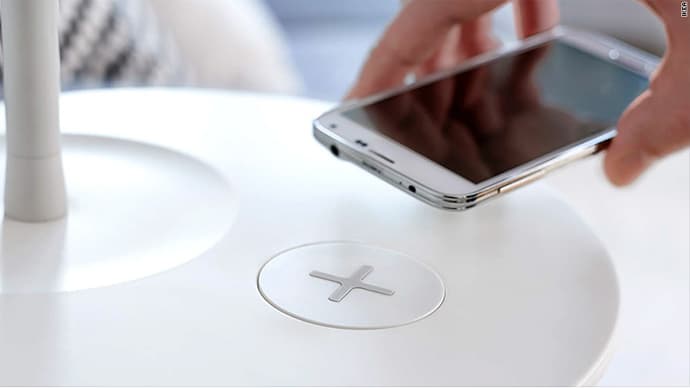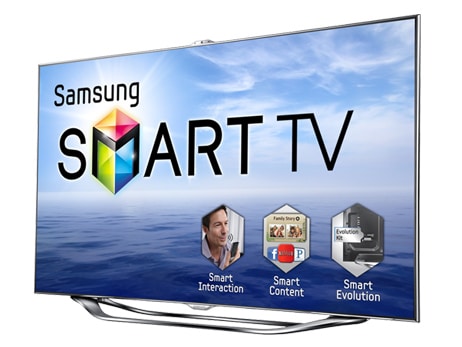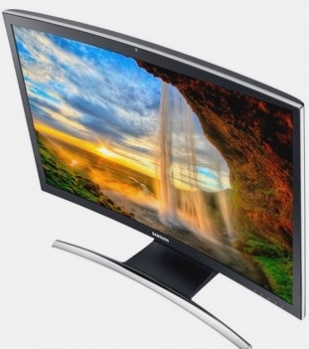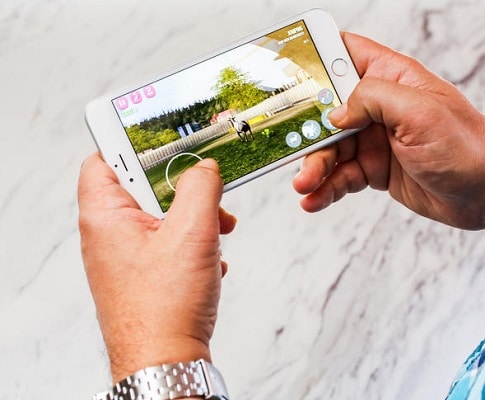More tech consumers have been adamantly looking for wireless alternatives to charging their mobile devices, and IKEA is now presenting them with a new option that is both stylish and functional.
IKEA made the announcement Sunday that its new Home Smart collection will be able to wirelessly charge consumers’ cellphones, tablets and other mobile devices through simple contact.
These days, cellphones take on an incredible amount of responsibility throughout the daily lives of their owners.
Today’s smartphones will typically have to operate GPS functions, stream live music or videos, run several active windows on the Internet, keep up with running apps, serve as a digital wallet and credit card, snap pictures, record videos, give consumers access to their favorite games, update calendars and decode the many random questions that consumers are often too lazy to type into the Google search bar all in one day. All of these responsibilities, of course, come along with the need to receive and send calls and text messages.
With mobile devices taking on so many functions, the batteries take a toll and it isn’t long before tech lovers hear the dreaded beeping noise of a battery that has officially slid under the 10 percent mark.
Rather than struggle to remember where the charger is when time is of the essence, people can now simply put their phones down and have confidence that their low battery nightmare will be over soon.
That’s the power of IKEA’s new line of furniture.
The Home Smart brand is launching with a collection of lamps, bedside tables and a coffee table, but there is already speculation that the furniture giant will be expanding the designs in the future.
All Home Smart pieces will be able to charge users’ cellphones as soon as they put the device down.
The furniture will use the wireless-charging standard Qi and is scheduled to be available throughout North America and the U.K. by April.
A discreet plus sign will be featured on the Home Smart pieces, letting buyers know where to place their devices when it comes time to give them a little charge.
The new line is a smart move on IKEA’s behalf as the tech trend of “cutting the cord” has been growing at an exponential rate.
As tech giants are working to figure out how to create devices with longer battery life, buyers are also looking for ways to charge their devices without scrambling for the cord and scurrying to the nearest outlet.
It’s important to note that the furniture will only be compatible with certain mobile devices, but the collection will also include charging pads that will be able to work with more Samsung and Apple models.






